Sustainable Solutions for Hotels, Airports, and Malls with Building Automation
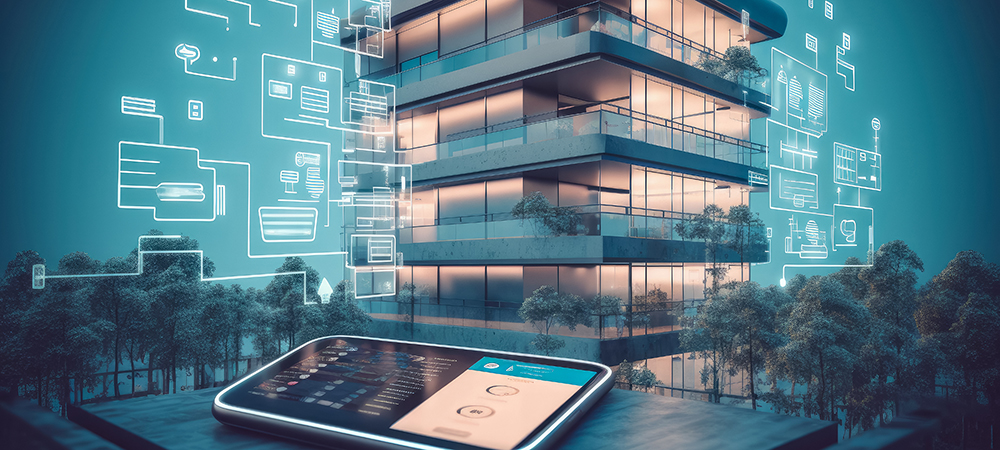
In an era where sustainability is not just a trend but a necessity, industries across the globe are striving to reduce their carbon footprint and create eco-friendly environments. Thailand, known for its vibrant tourism and bustling commercial sectors, particularly in hotels, airports, and malls, is no exception. Embracing sustainable practices not only benefits the environment but also enhances operational efficiency and cost-effectiveness. One of the most promising approaches to achieving these goals is through the implementation of advanced building automation systems. In this blog post, we will explore how these systems can revolutionise the way Thai hotels, airports, and malls operate sustainably.
The concept of building automation encompasses the integration of various technological systems to control a building’s operations efficiently. For hotels in Thailand’s picturesque locales like Phuket or Chiang Mai, implementing the best building automation systems can significantly enhance energy efficiency. By automating lighting, heating, ventilation, and air conditioning (HVAC) systems based on occupancy levels and time of day, hotels can reduce energy consumption without compromising guest comfort. This not only lowers operational costs but also caters to environmentally conscious travellers seeking green accommodations.
Airports are bustling hubs of activity that require meticulous management to ensure smooth operations. In Thailand’s busy aviation centres such as Suvarnabhumi Airport in Bangkok or Phuket International Airport, building automation plays a crucial role in maintaining sustainability while managing high traffic volumes. Automated systems can optimise lighting according to natural daylight availability and adjust HVAC settings based on real-time data about passenger density in different airport zones. These measures help in reducing energy usage significantly while ensuring comfort for travellers from all corners of the world.
Malls are another integral part of urban life in Thailand’s cities like Bangkok or Pattaya. With sprawling spaces that attract millions of visitors annually, managing energy consumption is paramount for mall operators aiming for sustainability. The best building automation systems enable mall managers to monitor and control energy usage effectively across vast areas, from shops and food courts to entertainment zones—ensuring that lights are dimmed or turned off when spaces are unoccupied or during non-peak hours.
Furthermore, water conservation is another critical aspect where building automation proves invaluable for these sectors in Thailand. Hotels can deploy automated irrigation systems for landscaping that adjust watering schedules based on weather forecasts or soil moisture levels, crucial during dry spells common in some regions. Similarly, airports and malls can integrate smart sensors within restrooms to minimise water wastage by detecting leaks early or optimising water flow rates.
Incorporating renewable energy sources into these automated frameworks further propels Thai establishments towards sustainability goals. Solar panels installed on rooftops of hotels or airports generate clean energy that powers parts of their operations autonomously via smart grids controlled by sophisticated software solutions within their automation systems.
As Thailand continues its journey towards embracing sustainable development practices across various industries, leveraging cutting-edge technology like building automation stands out as a game-changer, not just meeting present needs but paving paths towards future resilience against climate challenges too. By adopting innovative solutions tailored specifically around local conditions, from resource-efficient management tools down to sustainable infrastructure investments like, hotels, retreats, airports and malls, all become possible under one harmonious vision driving greener tomorrow.

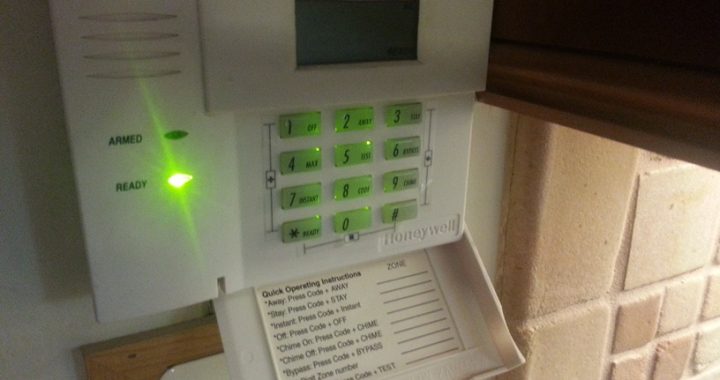 What Happens After Your Security Alarm Goes Off?
What Happens After Your Security Alarm Goes Off?  How Make-Good Services Ensure Smooth Lease Transitions and Compliance
How Make-Good Services Ensure Smooth Lease Transitions and Compliance 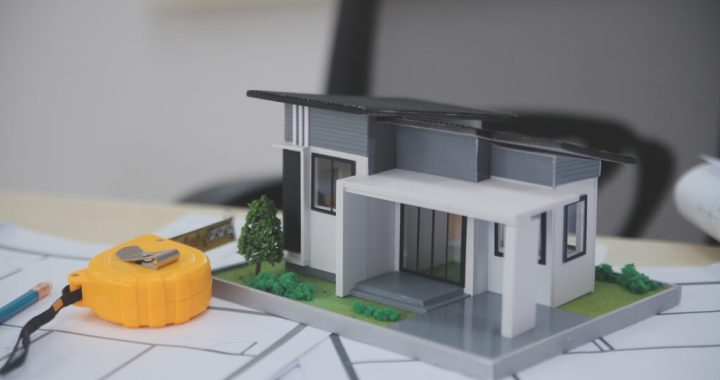 The Shift from Concept to Real-World 3D Build Projects
The Shift from Concept to Real-World 3D Build Projects 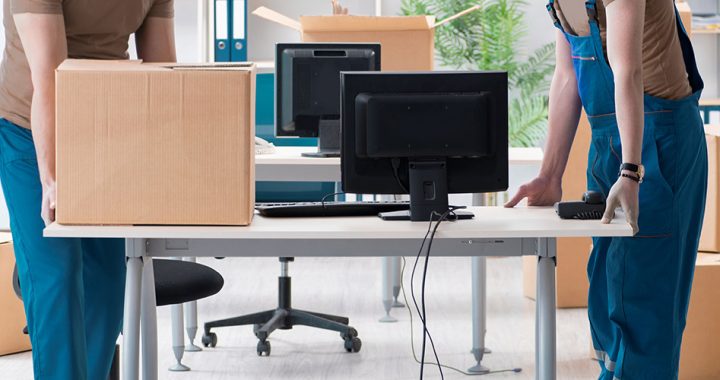 Effortless Office Moves in Melbourne
Effortless Office Moves in Melbourne  SEBI’s Latest Regulations for Investment Advisory Services in India
SEBI’s Latest Regulations for Investment Advisory Services in India  Exploring the Most Effective Business Services for Entrepreneurs
Exploring the Most Effective Business Services for Entrepreneurs 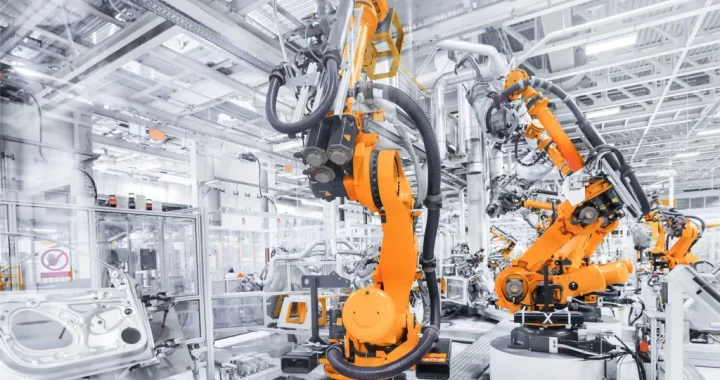 The Evolution of Industry: From the Industrial Revolution to the Age of Automation
The Evolution of Industry: From the Industrial Revolution to the Age of Automation